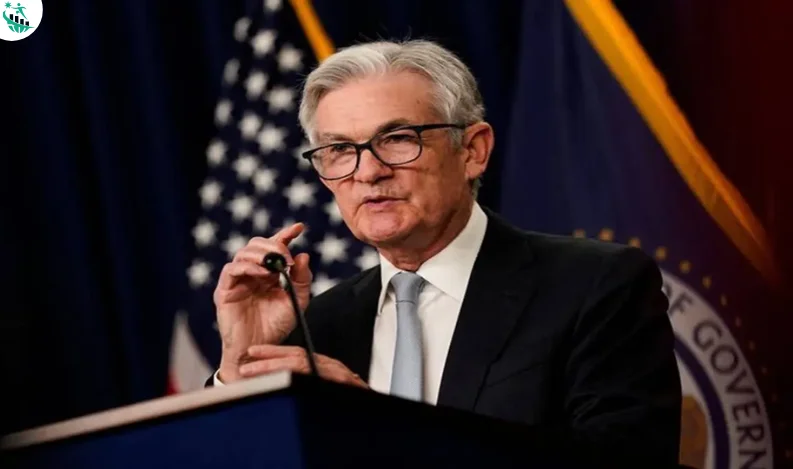
Powell Says Fed Would Have Cut Rates if Not for Trump’s Tariff Policy
Sintra, Portugal — Federal Reserve Chair Jerome Powell confirmed Tuesday that the central bank would have already eased interest rates this year had it not been for the inflationary pressures created by President Donald Trump’s aggressive tariff strategy.
Speaking at the European Central Bank’s annual forum, Powell acknowledged that the Federal Reserve had adopted a more cautious monetary stance in response to the administration’s escalating trade policy. “I think that’s right,” Powell said when asked if rates would have been lowered in the absence of the tariffs. “In effect, we went on hold when we saw the size of the tariffs, and essentially all inflation forecasts for the United States went up materially as a consequence.”
Tariff Tensions Disrupt Fed's Course
Trump’s early 2025 proposal to impose broad new tariffs on imported goods sent shockwaves through global markets and inflation models. Although many of the proposed tariffs were later delayed, their initial impact prompted the Fed to pause further rate reductions despite broader economic headwinds and White House pressure.
The central bank last month held its benchmark rate steady at 4.25%–4.5%, where it has remained since December 2024. The Federal Open Market Committee's projections still suggest two possible cuts by the end of the year, but Powell emphasized that the path ahead is data-dependent.
“We are going meeting by meeting,” Powell said, avoiding any specific guidance on the Fed’s July meeting. “It’s going to depend on how the data evolve.”
Mounting Political Pressure
Powell’s comments come amid increasing tension with the Trump administration. The president has publicly criticized Powell, recently calling him “terrible” and “very average mentally.” Despite the pressure, Powell maintained that the Fed's decision-making remains independent.
When asked whether he plans to remain at the central bank beyond the end of his term as chair in 2026, Powell offered no definitive answer: “I have nothing for you on that today.” He remains a governor on the Fed Board until 2028.
Markets Recover, But Uncertainty Lingers
Although Wall Street has rebounded from initial losses after the tariff announcements, with the S&P 500 recently hitting record highs, investors and monetary policymakers continue to express concern about the unpredictability of U.S. trade policy.
Trump’s fluctuating approach to global tariffs, initially announced in April and partially walked back weeks later, has created uncertainty for both markets and central banks worldwide. Global monetary leaders at the Sintra forum voiced their own concerns about the future of trade cooperation and the potential ripple effects on inflation, growth, and investment.
Powell's Focus Remains the Economy
“What keeps me awake at night is: How do we get this done?” Powell said, referring to the Fed’s dual mandate of price stability and maximum employment. “I want to hand over to my successor an economy in good shape.”
For now, the Fed remains in a wait-and-see posture, with inflation, employment data, and trade developments all likely to influence its next move.



Recent Comments:
No comments yet.